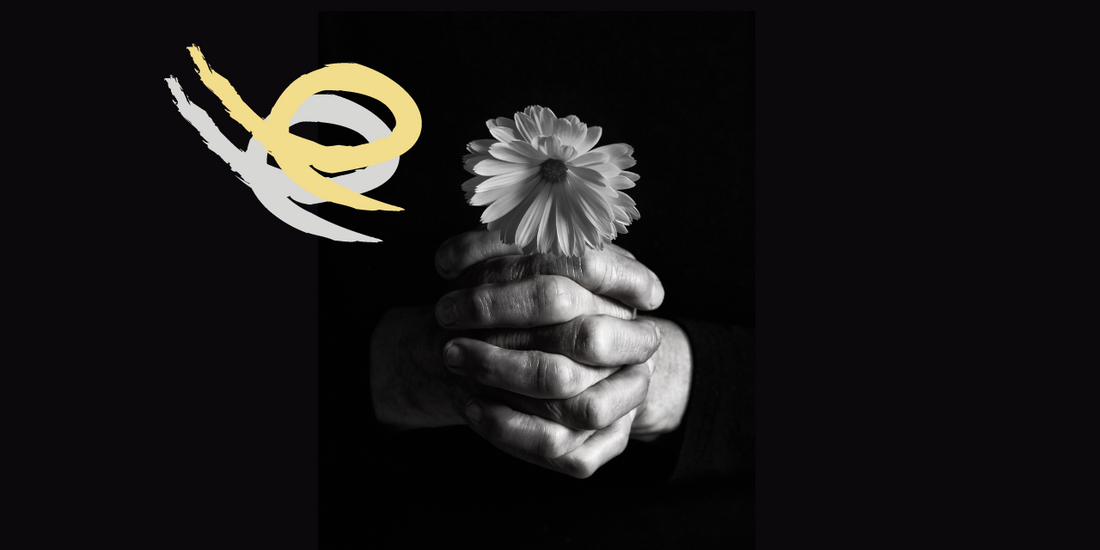Have you ever felt the heaviness of losing a loved one? It is a sentiment that can only be understood by experiencing it. Grief is a word heavy with emotion, a feeling that all of us inevitably encounter at some point in our lives. But the feelings that we go through with grief change with the circumstances. The way someone experiences the loss of a parent is entirely different from the loss of a spouse.
Let us look into the varying forms of grief, through stories of people who have walked these difficult paths.
Losing a Parent: A Heartache Beyond Words
Your parents are your first anchor to this world. The bond that you share with them is inexplicable and incomparable to any other kind of relationship you form with another individual. So when you end up losing your mother or father, you often feel like you lost a part of yourself.
When Aparna lost her mother, everything happened in less than a month. “Those days are both vivid and blurry to me.” She couldn’t believe that she lost her confidante, her best friend in the world so soon. “My world shattered when I watched her take her last breath. But I still couldn’t believe it – I was in denial.” When she eventually started grieving, it was her sister and her best friend who helped her cope with the loss. “I have a reputation for being a lone wolf, so having them by my side helped me slow down and reflect.”
The memories, the conversations, the laughter – they all become treasures that you hold onto, helping you process the grief. It's a journey of learning to redefine life without their physical presence. “Even now, I constantly talk about her. On her birthday after she passed, I created a website to post articles that she wrote and kolams she used to hand-draw every day. It’s my way of keeping her alive.”
Losing a Child: Navigating Unspoken Pain
Everyone can be a child, but not everyone gets to become a parent. Surya was ecstatic when she learned that she was pregnant. Unfortunately, she had a miscarriage. “I was just 10 weeks in so even doctors used to ask me why I was thinking of a baby that was barely even a baby. But to me, that baby represented all my dreams and hopes as a mother.”
A common afterthought that creeps in is wondering what you did wrong. But the surprising fact is that miscarriages during the first trimester are very common. About 80% of miscarriages occur before the 12th week of pregnancy and are usually unpreventable. “My husband and my doctor became my biggest support. But every September, I think of the child who was never born.” expressed Surya.
The loss of a child, whether through miscarriage or at any stage of life, leaves a profound impact on a parent's heart. It costs them all the dreams and hopes they had for the child. You suddenly lose the future you had imagined together. It's a pain that isn't often spoken about openly, yet it's an experience shared by many.
Losing Someone to a terminal or degenerative illness: Anticipatory Grief
The moment someone says “terminal” people immediately think of grief/loss. Watching a loved one battle an illness like cancer is a weighty feeling. It is like watching a ticking bomb with no way to diffuse the trigger. “When you suffer personally, it’s one kind of emotion that is inevitable. But as an outsider, watching someone suffer just eats you up from the inside because it is happening right in front of your eyes.” shares Siddharth who lost a loved one to cancer.
Anticipatory grief involves not just the loss of a person, but also the gradual loss of the life you once knew with that person. Knowing that they are going to pass away doesn’t take the edge away, it just adds to the anxiety. Siddharth mentioned, “After her passing, for 2 years, even hearing her name felt like someone was kicking me from the inside.” This form of grief challenges your emotional strength, forcing you to confront the inevitability of the impending loss. Remember that your grief is valid and seeking support during this difficult time is essential.
Losing Someone to Suicide: Unraveling Complex Emotions
“I lost my wife in 2019. That was when I found out what grief is.”Sourish's heart-wrenching tale of losing a loved one to suicide shows us that grief doesn't always follow a conventional path. The feelings that accompany this kind of loss are complex and often overwhelming – a mix of shock, guilt, anger, and sorrow. “Every night, I felt like I shouldn’t live anymore. She was my purpose, my joy, my everything.”
Survivors of suicide loss are left not only grieving the death itself but also grappling with unanswered questions. Moreover, living in a community that still refuses to educate you on coping with loss, Sourish reflects that society corners the survivors. “People assume that there was something wrong with the family.”
In such times, it's crucial to seek help and support from loved ones and grief counsellors. The journey through grief after suicide is a long and challenging one, but with the right resources, it's possible to find healing and understanding.
In the end, irrespective of the form of grief, healing is possible even in the midst of pain. By sharing our stories and embracing the support around us, we can navigate the complexities of experiencing grief and find a path toward healing and hope.
Explore our Grief/Loss Support Page for more guidance and assistance.
---------------------
By Anagha R


